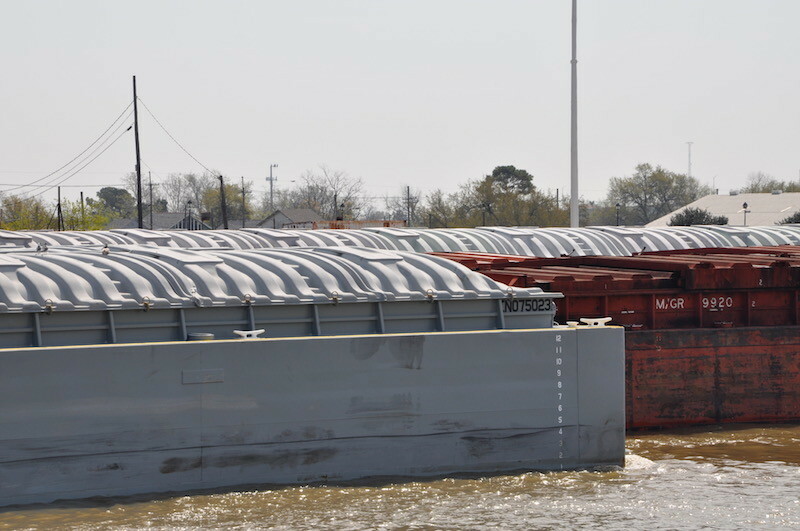The Department of Defense (DOD) recently approved the Inland Waterways Users Board (IWUB) to resume its operations, pending further instructions to the U.S. Army Corps of Engineers.
After suspending the IWUB in February, DOD conducted a systematic review to ensure IWUB’s efforts remained focused on the most pressing strategic priorities of the National Defense Strategy. As a legislative advisory committee, the board recommends (to the Corps and Congress) investment priorities using resources from the Inland Waterways Trust Fund. The board also monitors the Trust Fund.
For the week ending Sept. 18, barged grain movements totaled 168,892 tons, 4% lower than the previous week and 79% lower than the same period last year. During the same week, 114 grain barges moved down river — no change from the previous week. There were 256 grain barges unloaded in New Orleans.
On Sept. 16, the Department of Transportation (DOT) published a notice requesting information from the public to prepare a report required by President Biden’s recent executive order (EO) on “America’s Supply Chains.” Per the EO, the Secretary of Transportation must submit to the President, within one year, a report on transportation-sector supply chains. Incorporating the work of the President’s Supply Chains Disruption Task Force, DOT’s report will focus on the freight and logistics sector, with the aim of increasing resilience among transportation supply chains. With a deadline of Oct. 18, DOT requests “practical solutions” from a broad range of stakeholders to address current and future supply-chain resilience challenges in the freight and logistics sector. To the extent possible, DOT will consider comments received after the Oct. 18 deadline. Instructions for submitting comments are available here.
The assistant secretary of the Army for the Civil Works serves as IWUB’s interagency observer, along with representatives of the Maritime Administration, National Oceanic and Atmospheric Administration, and USDA.
The Ports of Los Angeles and Long Beach recently announced they will expand the hours during which trucks can pick up and return containers. Offered on a pilot basis, the expanded hours will be monitored to ensure gate availability meets cargo demand. The extra hours will improve terminal efficiency by maximizing nighttime operation at Long Beach and expanding weekend gate hours at Los Angeles. Besides expanding hours of operation as described, the ports are working closely with the White House Supply Chain Disruptions Task Force to alleviate bottlenecks and expedite the movement of goods.
The ports expect their actions to expand opportunities for U.S. exporters, including agricultural producers. Approximately 30% of containerized agricultural exports move through the LA/Long Beach port complex.




